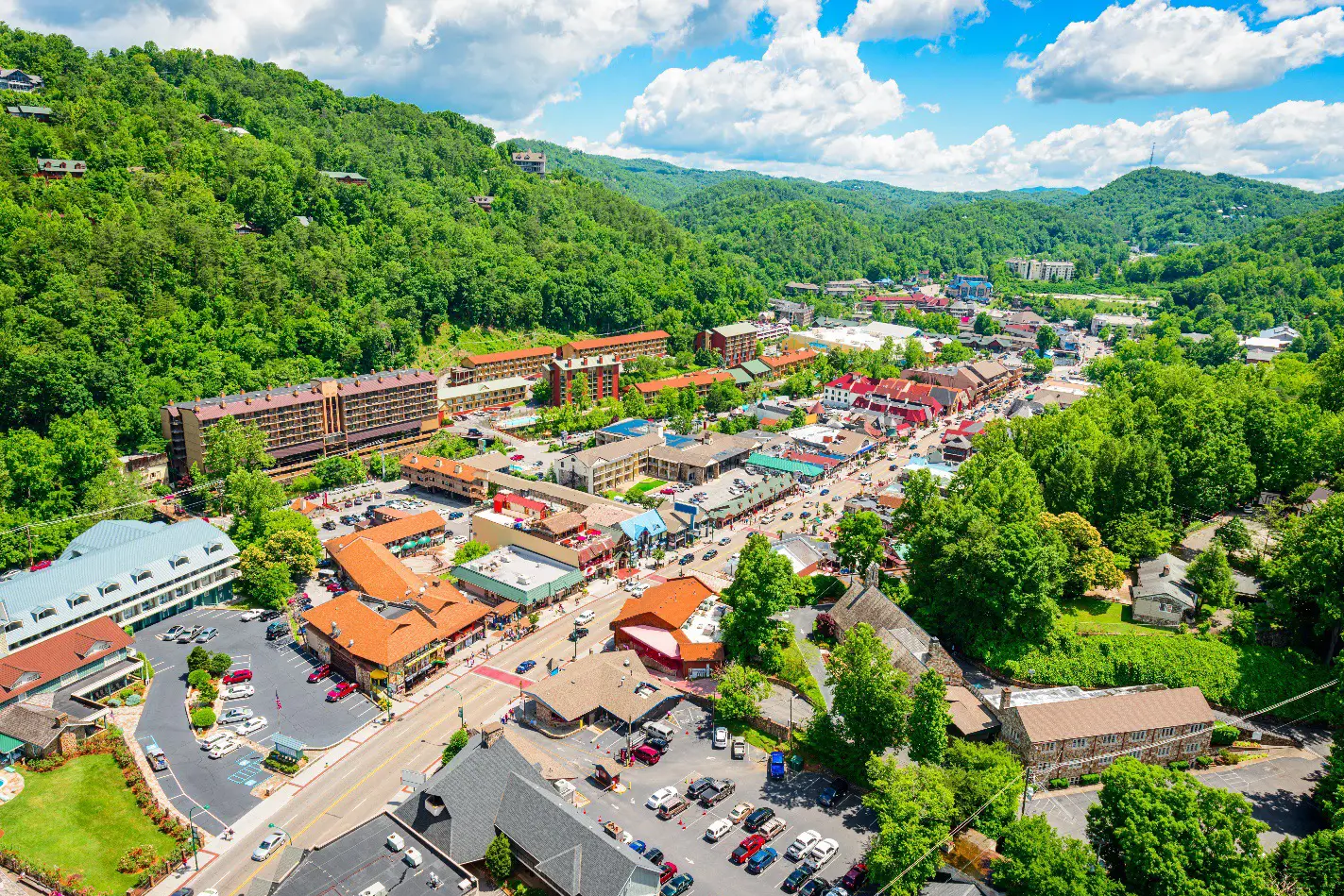ftnNEWS interviewed with our Columnist Zafer Cengiz, a Macro Tourism Expert grown up with Turkish Tourism, recently designing “innovative recipes on Macro TTI Approach” for City-Nation-Place Destinational Organizations and reporting as a Research Columnist to share these findings Globally.
ftnNEWS: Could you please tell us about yourself and your research activities?
Having an international business management diploma, I have consciously chosen tourism career at 1973 and experienced incredible adventures all through the initial years of Turkish Tourism. My first duty was with TURBAN (Tourism Bank of Turkey) and enjoyed in physical planning development of Anatolian Regions, as a member of western style established technical group, which was composed of 70 experts. When the state decided to start Turkish Tourism Industry and there were almost no tourism in function, We tried our best for planning the future developments by team harnessing of our dreams. Everybody in Public and Private were really excited for starting a national tourism, but investors were totally unaware of the scope and felt unsecure to invest in this new and delicate sector. After the activation of new Encouregement Law at 1982, the first movements of building the national industry could be really activated and only be internationally ripe enough at 1990s.
ftnNEWS: What is the recent macro position of Turkish Tourism?
Especially with 2000s, the national industrial progress was as a ‘goldrush interest’ which is still in progress. But it was really a pity that “after real development started, the initial principle of planned development was totally forgotten” at national scale. This directly caused serious difficulties and resulted with a contemporary approach of “National Tourism Strategy” which was officially in action at 2007 and covered a period of 17 years until 2023 which is 100’th anniverery of Turkish Republic. The basic principle of NTS was to establish a fluent partnership between Public & Private and induce the modern ‘governence and civil society inteaction’ into the scope with enlarged regional tourism chain of organizations as Destination Management Councils into the reorganisational frame. But we have faced a second barrier, where National Strategy was blocked and could not be possibly activated since the recent 9 years. My macro analyses are estimating a total overall economic inefficiency loss of 20% all through recent 15 years and this may easily be effective in coming years, unless serious measures can be immediately taken to recover and activate the intended strategic national principles.
ftnNEWS: What do you expect for new developments in next years?
From my point of view, the national tourism was constantly loosing blood and at a declining trend period after 2000 and the recent crisis may have a ‘shocking effect’ to realize the naked ineffectiveness truths. The new Tourism Minister of the new Government seems to be determined to update and activate the original National Strategy within next months, aiming a macro restoration covering all infrastructural deficiencies which are really blocking the total industrial efficiency. But this needs a totally new and revolutionary reforms to be ralized without any further hesitations at once. I am really not fully confident that “even the Government and the Ministry tries to overcome this ongoing blockage as a Public attack, the active Private stakeholders of sub sectors can hardly participate and easily conform to programmed reforms to be raelized fluently” within the main principle of strategical national partnership, Actually, this is a matter of fixed habits and general mentality, where Private is expecting continuous State supports and it is a Public Reform general decision “not to be fully active on industrial operations and privatize these roles” by consequtive reforms. This mis adaptation was one of the main reasons of failure in strategic activation. If the barrier can be resoleved TTI will enjoy a healthier future, wheras simply and naturally “a sick and troubled ongoing life” is expected on the contrary?
ftnNEWS: Within Global perspectives, how can you brief your macro Outlook?
Actually, it was a very interesting and unintended development that “occasionally I feel to become a global expert” within these long years of struggles on “macro strategy and innovative approaches” for building a better and contemporary Travel & Tourism Industry. Having noticed that “all nations are facing serious difficulties to overcome the main difficulties of Macro TTI dilemmas” recently I have started a mentorship programme, aiming to ‘underline the presence of these barriers and develop a general awareness to overcome the macro problems’ faced by Regional and National destinations. Actually UNWTO has detected this blockage factor and developed a DMO (Destination Management Organizations) Programme, where World Governments were adviced to use at prior Decade. But the need and vital effect was not realized and now I simply propose this Campaign to be renewed, targeting the gradually evolving Global Destinational approaches. TT Industry is really a difficult phenomena to be solved and ruled within best performance approaches. But this is certainly worth and vital, since 1% of efficiency recovery on worldwide scale simply corresponds to an added value of 10 BnUSD annually.
ftnNEWS: What can we expect for World tourism positively in next years?
I am fully convinced that “Turkish Tourism represents a clear prototype of Global TTI” where we can derive serious lessons from the recent historical events as a ‘case study method’ to be utilized in the Macro Global Arena at the service and for the good of all National developments. Since TT Industry is developing as a preferential new device at the careful agenda of every state and regional destination, the innovative supports will definitely collect high attention. As I firmly beleive and declare clearly, tourism has a general character of “iceberg effect” where we are only perceiving the top and underestimating the submerged mass. We can consider this event as a ‘global warming scenario’ and hope that “if we can discover and technologically solve to manage the whole structure, it may be possible to utilize this incredible natural source to fill the dams and overcome water scarcity problem of Humanity in general. But if not, the alternative result is inevitable natural rise of sea levels that will seriously damage the whole existing civilization” extensively. The accelerated growth of contemporary technological advancement is providing us the management skills to shape the shrinking World. The rest is simply dependent on the will and skills of human beings to overcome such possible operations within expected solidarity and collaborative performances. The future is us to see and live all together.















